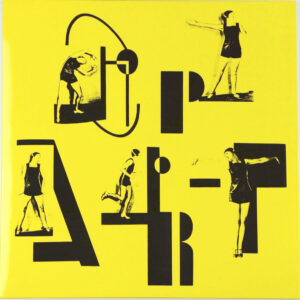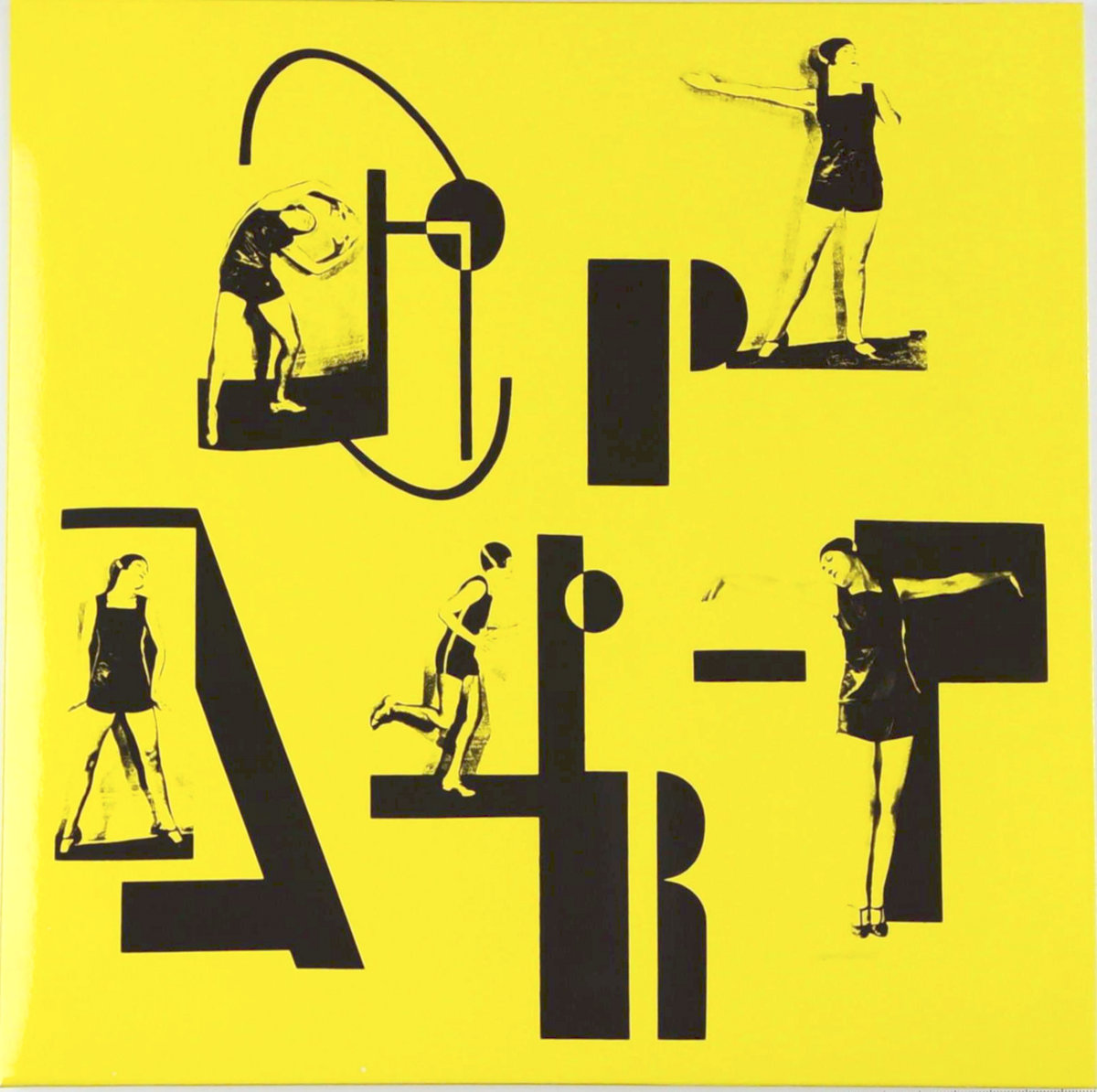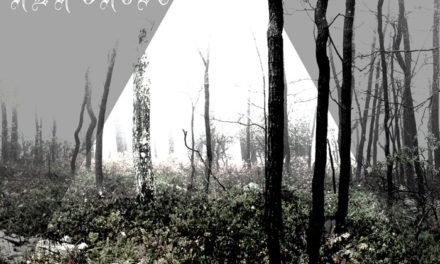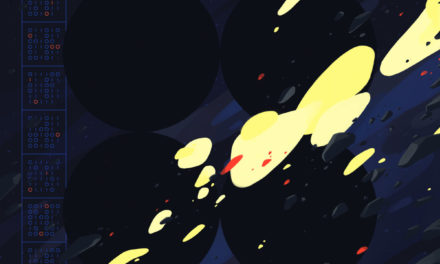
OP-ART
The Final Act
Minimal Wave
OP-ART, an acronym for Oblique Pleasures Amidst Rough Times, is the pandemic-born analogue synthpop project of Andrew Clinco, more well-known as the enigmatic silver-skinned Deb Demure of Drab Majesty fame. As you might expect from the band’s name, the music on their debut LP has its origins as an additional outlet for Clinco during lockdown, although the record is far less insular and downcast than that might imply; The Final Act is by turns animated, psychedelic, baroque, and catchy, and often all of those things at the same time.
To be clear, when describing this record as synthpop, it’s much closer to the new wave of early Numan, John Foxx, and OMD (all of whom are name-checked in the press material for the record) than it is the pure bubblegum that is often associated with the genre. As such, while it doesn’t lack for catchiness there’s a certain complexity to the production and songwriting that adds intrigue to the listening experience. Listen to how “Dystopian Custodian” slow plays things, starting with a relatively minimal arrangement of synthbass, drums and modulated vocals, with each repetition of the hook adding layers of programming and melody until the song’s final moments are positively grandiose. Similarly, there’s something delightful about how “Polyurethane” leans into its awkward rhythm, drawing a direct line between the funk of early electro and the locked in grooves of krautock, all topped with a punchy and theatrical chorus.
That Clinco knows his way around a tune is certainly no surprise, but there’s a distinct difference in the delivery of these songs and the excess of Drab Majesty’s guitar-driven opulence. It’s partially in how the vocals are kept in lower registers (either sung that way, or pitch-shifted down) to match the gritty tone of the drums and synths; “Hardscape” is a big song with lots of swirling textures that could recall some of Drab’s proggier moments, but the squeal and squelch of its hissy snares and the detuned warble of its pads pair with the croaking vocals to make it an animal of a different kind. Even the records most accessible moments like the Martin Dupont collaboration “11 Stars” have an economy to their design, visible as it jumps from section to section without ever abandoning the dead simple but ultra-immediate high speed bassline. Those kinds of decisions in layout and design often mask the actual complexity of the songs; the opening title track has bedroom synth simplicity at its heart, but reinvents its melody via vocal harmonies, and the addition of new synthlines that play with and against the song’s progression.
The charm of The Final Act is really apparent in how much of the record sticks, even after cursory listening. That’s certainly a function of the polish with which it’s presented (the mix is bold and bright even in its most esoteric moments), but you can’t help but admire the way these tracks stay musical, regardless of how alternately flamboyant and austere they can be. For those with a yen for the buzz and clamor of classic synthpop will find it here in abundance, spiked with a healthy dose of vibrant and engaging colour. Recommended.




![[:SITD:], “Stunde X”](https://www.idieyoudie.com/home/wp-content/uploads/2019/05/R-13609953-1557465716-6910.jpeg-440x264.jpg)
